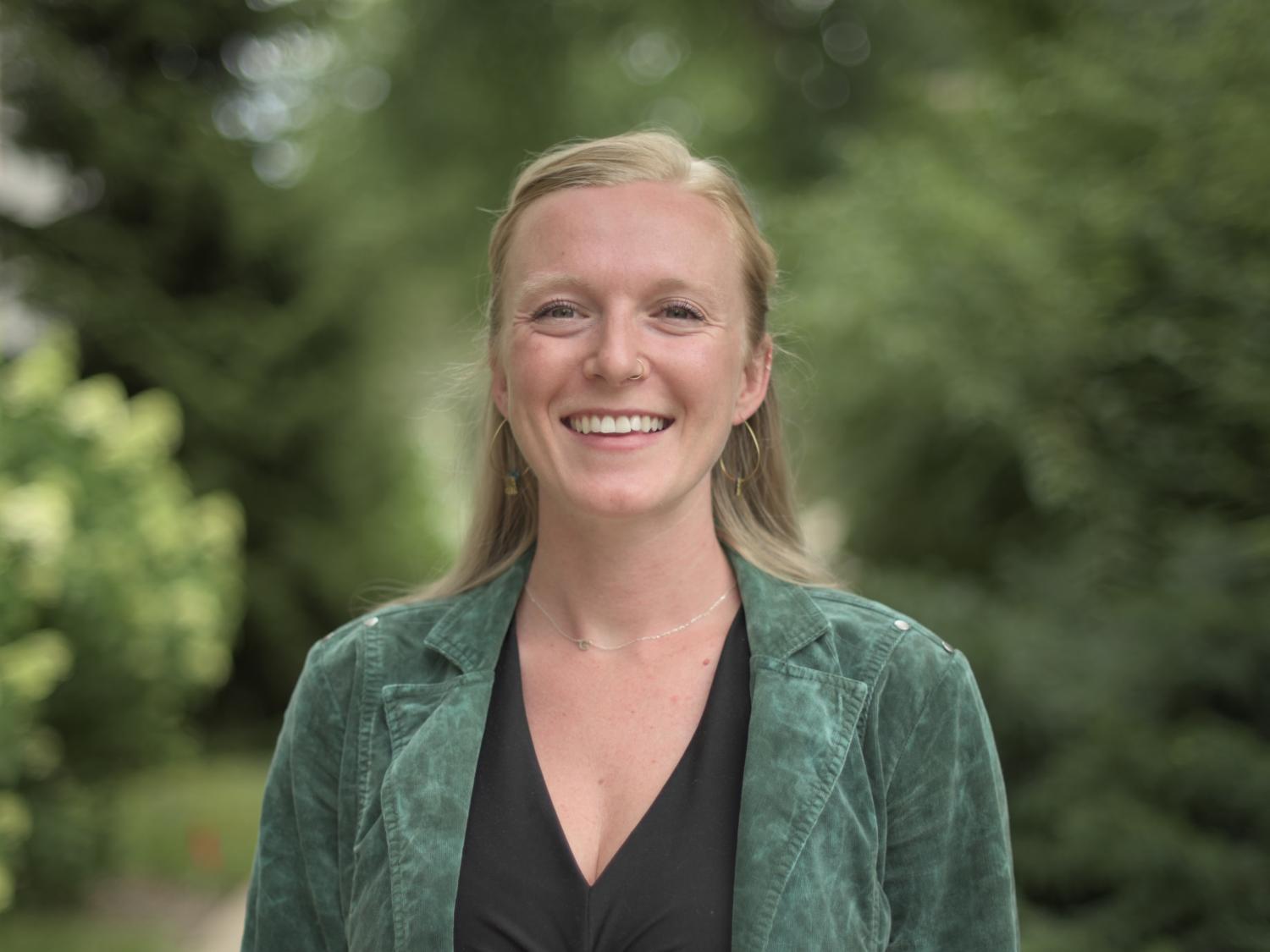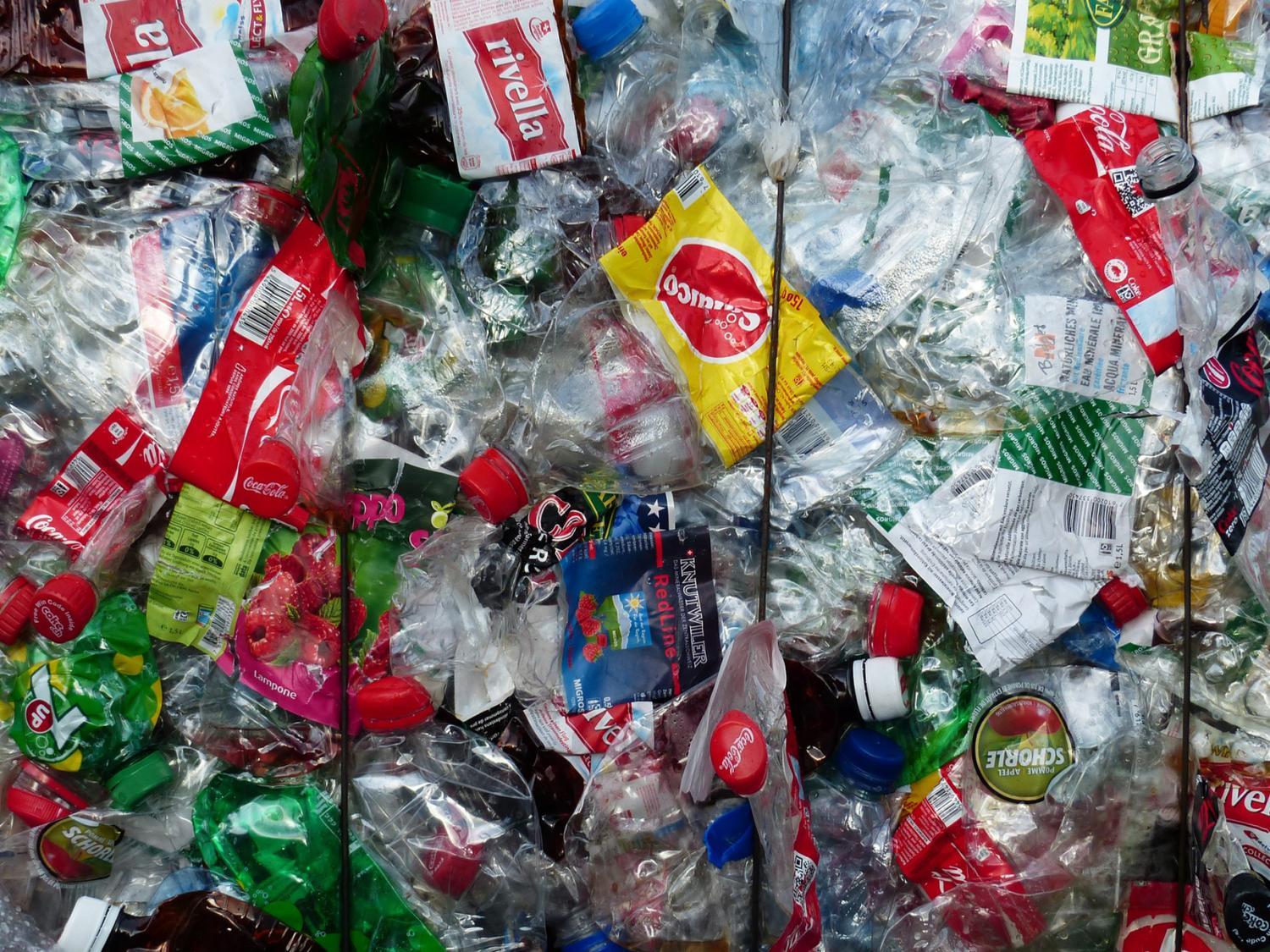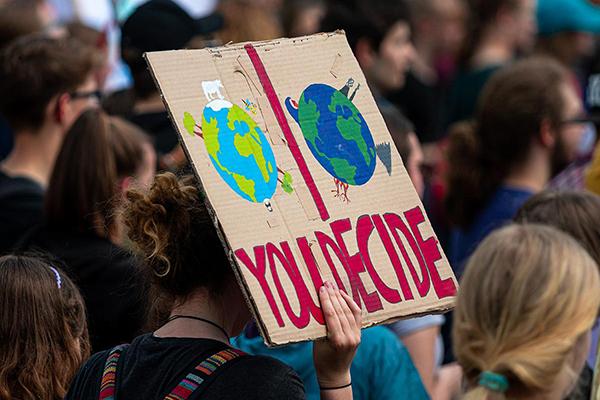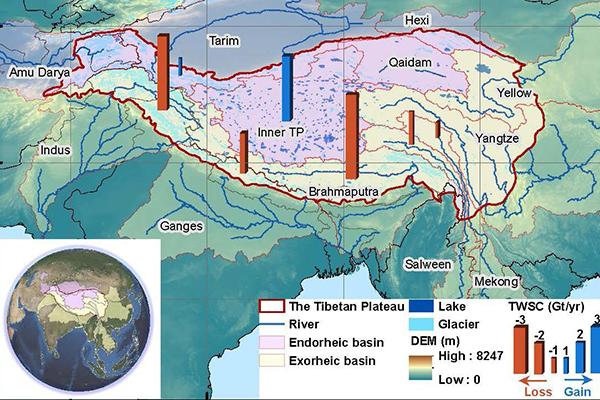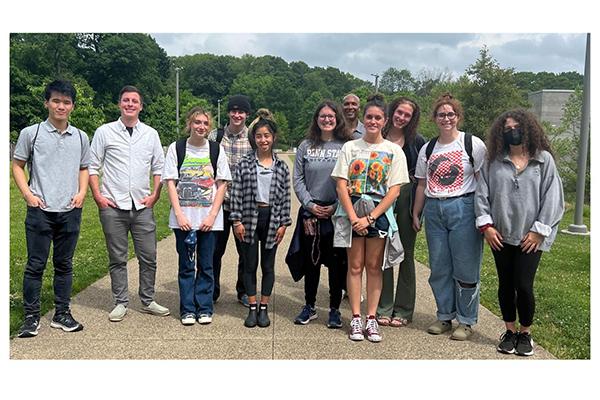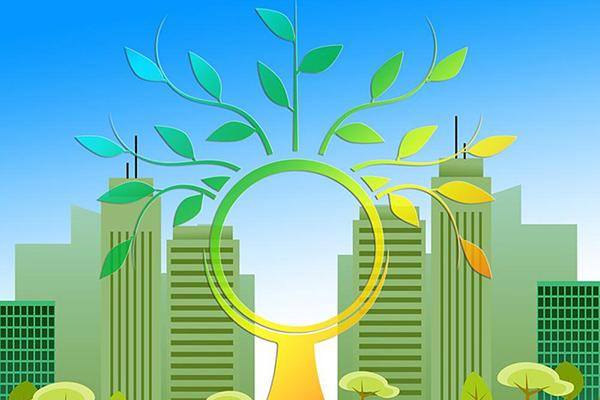Sustainability is a strategic initiative in the College of Earth and Mineral Sciences. Below are the most current stories showcasing our college's sustainability efforts.
Computer games are an effective way to teach ecological issues and build pro-environment policy support, according to published research by an interdisciplinary group of Penn State scholars.
Kaitlyn Spangler, a postdoctoral fellow in the Department of Geography at Penn State, will deliver the talk "Towards solar justice in Pennsylvania: tensions of land, farming, and power" at 4 p.m. on Monday, Oct. 10.
Rob Altenburg, director of the PennFuture Energy Center, will deliver the talk "Solar Policy and Politics in Pennsylvania" at 4 p.m. on Monday, Oct. 3.
A new study may improve the ability of pyrolysis to process hard-to-recycle mixed plastics — like multilayer food packaging — and generate fuel as a byproduct, the scientists said.
The Earth and Environmental Systems Institute's Fall 2022 EarthTalks series will explore the development of solar energy through multiple, and intersecting, lenses.
Mark Ortiz, President’s Postdoctoral Fellow in the Department of Geography at Penn State, will discuss the work of transnational youth movements across the physical and digital spheres and the movements’ distinct visions of climate justice at 3:30 p.m. on Friday, Sept. 9 in 112 Walker Building and via Zoom.
New research led by scientists at Penn State, Tsinghua University and the University of Texas at Austin projects that climate change, under a scenario of weak climate policy, will cause irreversible declines in freshwater storage in the Tibetan Plateau, constituting a serious threat to the water supply for central Asia, Afghanistan, Northern India, Kashmir and Pakistan by the middle of the century.
Penn State students Jackie Zheng and Sarah Fetter spent the summer in Pittsburgh, not to vacation, but to gain knowledge about a future in sustainability through the City Semester program facilitated by the Penn State Center Pittsburgh.
The expansion of wind, solar, hydropower, biofuels and other low-carbon technologies has not accelerated at the pace needed to respond to the climate crisis and often there is a lack of equity and opportunities for communities on the front lines of the climate crisis.
Climate change impacts nearly every part of the agricultural industry. It manifests through increased floods, droughts, and severe storms, affecting communities in developing countries first.



